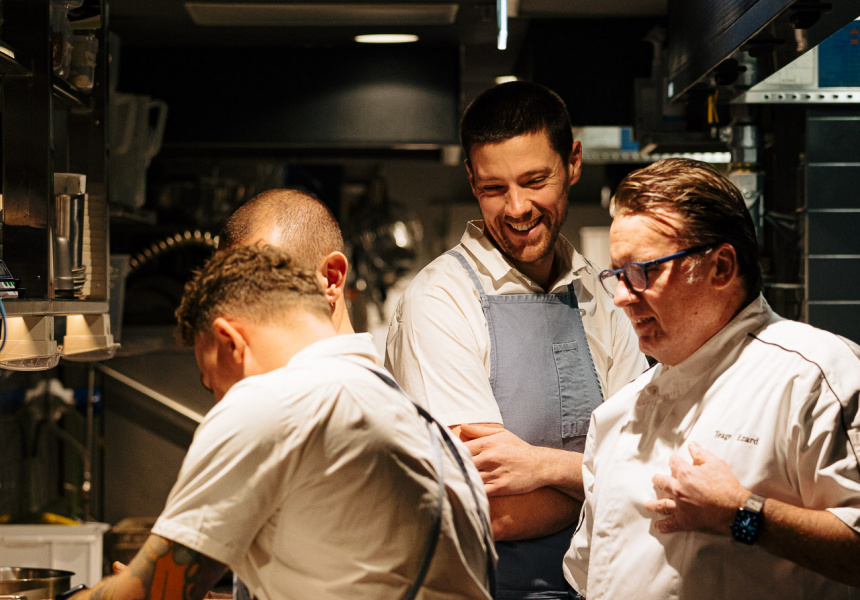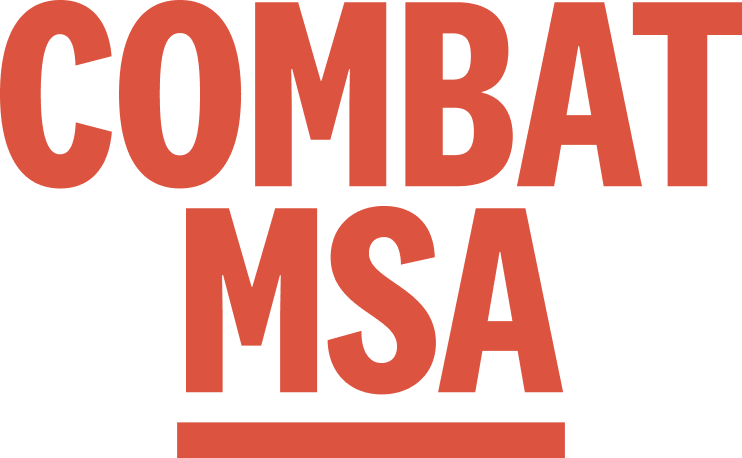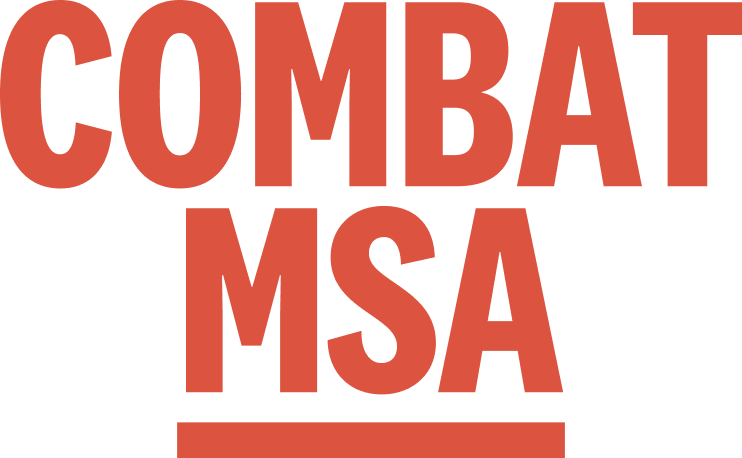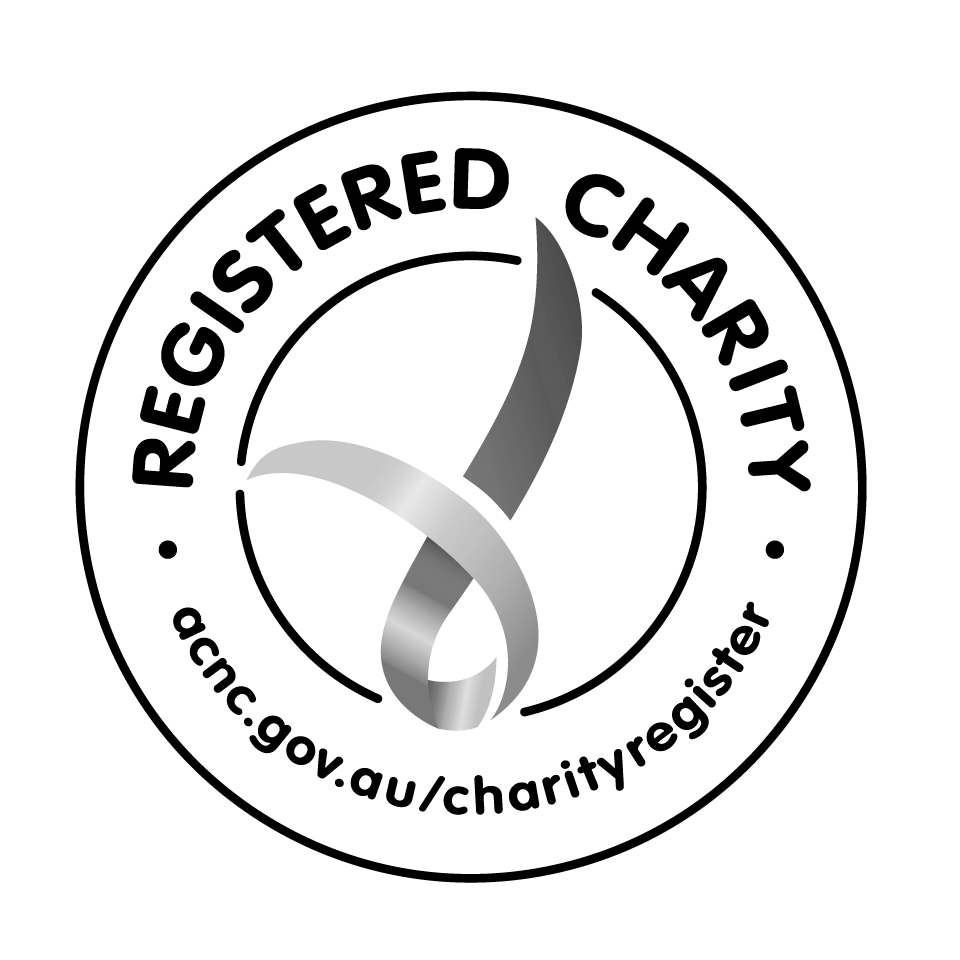I’ve lived my whole life in Melbourne. It’s where I was born, raised, and where I built my career - five restaurants and, at one stage, more than 300 employees.
My beginnings were rough, but I found my way through kitchens, hard work, and a bit of luck. I built a name, a brand, and ultimately, a version of success that demanded everything - long hours, constant reinvention, and the pressure to keep performing.
There wasn’t much space for stillness, or to notice what was quietly shifting beneath the surface.
It was around 2019 where things started to change. Subtly at first - a loss of balance here and there. I remember standing on the travelator at a local shopping centre and feeling like I was going to fall. I thought maybe it was vertigo. I Googled it. I kept moving.

I saw a neurologist five times over 18 months. I described the same issue every time. The answer didn’t change: come back if it gets worse. No scans. No escalation. It was labelled stress and sent on its way.
Eventually, I sought out a second neurologist. Parkinsonism was mentioned. A catch-all term that meant waiting another year to see how things developed. Still no firm answers. I went through nerve testing, middle ear scans, sleep assessments. At one point, the possibility of Deep Brain Stimulation (DBS) was raised, then dismissed - I didn’t qualify without an MSA diagnosis. In hindsight, that was terribly ironic.
It wasn’t until late 2024, after an MRI and yet another referral, that I was diagnosed with MSA-C: Multiple System Atrophy, cerebellar type. A rare, aggressive neurological disease. The prognosis was blunt - five to seven years.
I don’t believe anyone was careless. They were doing their jobs with the information they had, following a system that wasn’t yet designed to catch something like MSA early.

"I believe my body was speaking long before anyone knew how to listen. REM sleep issues. Autonomic symptoms. Movement changes. The signs were there. The system just wasn’t built to see them." - Teage Ezard
The hardest part? I had been doing everything right. Annual scans. Regular GP visits. Managing my weight, my cholesterol, my anxiety. I had sleep studies, heart checks, even bladder surgery in 2022. I’d been seeing a psychiatrist since 2016, trying to make sense of a creeping loss of energy and drive. And still, no one caught it.
I believe my body was speaking long before anyone knew how to listen. REM sleep issues. Autonomic symptoms. Movement changes. The signs were there. The system just wasn’t built to see them.
I don’t believe an earlier diagnosis would have changed the outcome. But it would’ve changed the journey. It would’ve meant more time to sit down with my family and prepare for what was coming. It would’ve meant less confusion, fewer dead ends.
I have a wife I thought I’d grow old with, and children whose futures I still want to be part of.
That’s what time can offer - not a cure, but the space to hold onto what matters most, for a little longer. It would’ve given me time to plan, to prepare, and to understand what was happening to me.

Why we started the foundation
When I was finally diagnosed, I went looking for something - information, a support group, even just someone who’d walked this path before me. There were resources out there, but they were scattered and often buried beneath those designed for more well-known conditions like Parkinson’s. I was grateful for what I found, but none of it felt truly built for someone with MSA. There was no single place to make sense of what was happening. No guide.
That absence is what led to the Ezard Foundation. Not because I had a plan. But because it was clear something had to exist for the next person, and the next family, who are just beginning to ask the same questions I did.
MSA is a lonely place to stand. It’s frightening. It’s fast. And the silence around it only makes that worse. The Foundation, and our Combat MSA campaign, exist to fill that silence with something better: clarity, connection, and the kind of advocacy that gives people a sense of direction when everything else is shifting.



